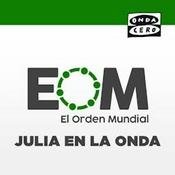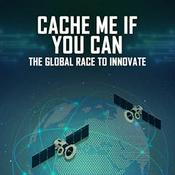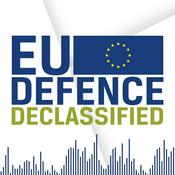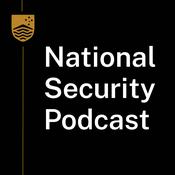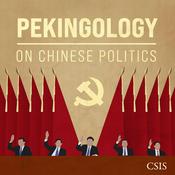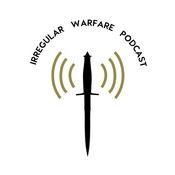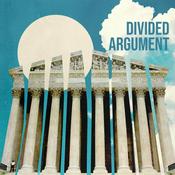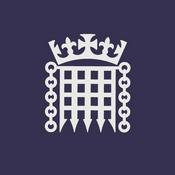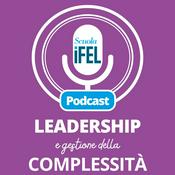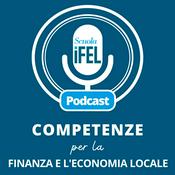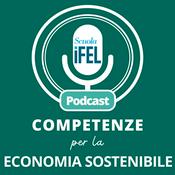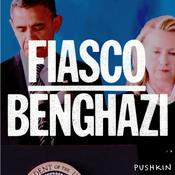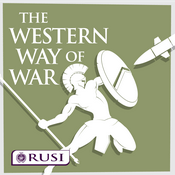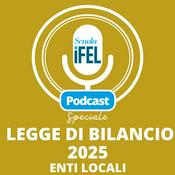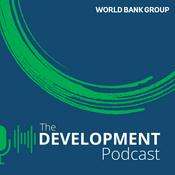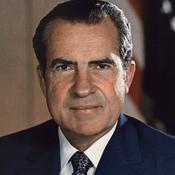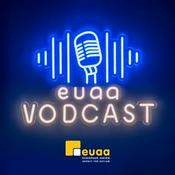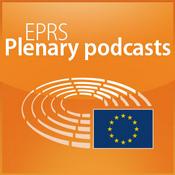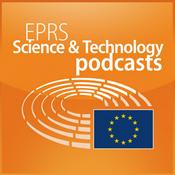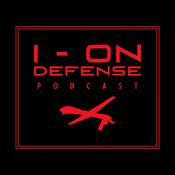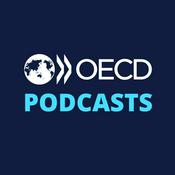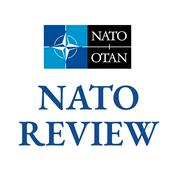216 episodi
- Indonesia has been trying to find its footing as a major international player over the past decade. These efforts include trying to deepen investment and trade relationships with the People's Republic of China while skirting around differences over territorial claims and addressing Beijing’s rising prominence across Southeast Asia. Of concern as well is the pressure Chinese exports are placing on small and medium-sized enterprises in Indonesia, along with the safety of the hundreds of thousands of Indonesian citizens working in Taiwan should Beijing escalate the use of force across the Taiwan Strait. Host Ian Chong examines these issues with guests Natalie Sambhi and Yohanes Sulaiman.
Natalie Sambhi is Founder and Executive Director of Verve Research, Señor Policy Fellow at the Asia Society Australia, and Non-Resident Fellow with the Brookings Institution’s Foreign Policy Program. She is also a lecturer with the Australian War College. Yohanes Sulaiman is an associate professor of international relations at Universitas Jenderal Achmad Yani in Bandung, Indonesia and a non-resident fellow with the National Bureau of Asian Research. - Caught between economic opportunity and security imperatives, South Korea finds itself navigating one of Asia's most complex relationships with China. Seoul has constantly sought to calibrate the management of economic gains and security concerns, but growing U.S.-China competition complicates its options. South Korea must consider its trade and investment partnership with China, political pressure from Beijing, stability on the Korean Peninsula, regional tensions, alliance commitments with Washington, and the demands of its population. In this episode, host Ian Chong and his guest speakers from Korea explore the intricate dance of diplomacy, economics, politics, and strategy that defines Korea-China relations today.
Sung Eun Kim is Associate Professor in the Department of Political Science and International Relations at Korea University. She is also a visiting scholar at the Harvard-Yenching Institute, 2024-25. Injoo Sohn is Professor from the Department of Political Science and International Relations at Seoul National University (SNU). He is also the Deputy Director of the SNU Institute of Future Strategy and the Chair of the institute’s Global Korea Cluster. - Malaysia has developed a reputation for hewing closely with the PRC on economic matters in recent years. Yet, it had been a big beneficiary of the de-risking and China plus One strategies undertaken by various companies from earlier rounds of the U.S.-PRC trade war by being able to tap on U.S. capital and access the U.S. market. Malaysia also ongoing territorial disputes with the PRC in the South China Sea and concerns about growing PRC domestic political influence. How does Malaysia seek to adjust among these concerns in an increasingly contested environment characterized?
Join host Ian Chong as he explores these issues with two experts from Malaysia. Khoo Ying Hooi is Associate Professor of International Relations at Universiti Malaya, with research expertise in human rights, democratization, and civil society in Southeast Asia. She engages in regional and international collaborations that connect academic research with policy and advocacy, and contributes to dialogues on rights and Southeast Asia’s role in broader global shifts. Shahriman Lockman is Director (Special Projects) at the Institute of Strategic and International Studies, Malaysia. His research includes Malaysian foreign and defense policies, Southeast Asian maritime security affairs, Malaysia-China relations, and South China Sea issues. He manages ISIS Malaysia’s China Engagement Initiative, which promotes Malaysia-China Track-Two dialogues. - Malaysia has developed a reputation for hewing closely with the PRC on economic matters in recent years. Yet, it had been a big beneficiary of the de-risking and China plus One strategies undertaken by various companies from earlier rounds of the U.S.-PRC trade war by being able to tap on U.S. capital and access the U.S. market. Malaysia also ongoing territorial disputes with the PRC in the South China Sea and concerns about growing PRC domestic political influence. How does Malaysia seek to adjust among these concerns in an increasingly contested environment characterized?
Join host Ian Chong as he explores these issues with two experts from Malaysia. Khoo Ying Hooi is Associate Professor of International Relations at Universiti Malaya, with research expertise in human rights, democratization, and civil society in Southeast Asia. She engages in regional and international collaborations that connect academic research with policy and advocacy, and contributes to dialogues on rights and Southeast Asia’s role in broader global shifts. Shahriman Lockman is Director (Special Projects) at the Institute of Strategic and International Studies, Malaysia. His research includes Malaysian foreign and defense policies, Southeast Asian maritime security affairs, Malaysia-China relations, and South China Sea issues. He manages ISIS Malaysia’s China Engagement Initiative, which promotes Malaysia-China Track-Two dialogues. - Vietnam has long had to carefully calibrate its relationship with, China, its giant neighbor to the north. The two sides have a history of cultural and economic exchange as well as invasion and occupation going back to antiquity. Today, the People’s Republic of China and the Socialist Republic of Vietnam have similar political systems and successful economies. Hanoi nonetheless seeks to break out of a dependency relationship with Beijing, maintain its territorial claims, and assert its autonomy even as it looks to deepen economic cooperation.
Joining Carnegie China non-resident scholar Ian Chong to discuss these issues are Huong Le Thu, deputy director of the Asia Program at the International Crisis Group and Chair of Australia-Vietnam Policy Institute Advisory Board, and Nguyễn Khác Giang is visiting scholar with the Vietnam Studies Programme at the Institute of Southeast Asian Studies - Yusof Ishak Institute in Singapore and previously head of the Political Research Unit at the Vietnam Institute for Economic and Policy Research in Hanoi.
Altri podcast di Governo
Podcast di tendenza in Governo
Su China in the World
Carnegie China’s China in the World podcast is a series of conversations between Chinese and international experts on China’s foreign policy, China’s international role, and China’s relations with the world.
Sito web del podcastAscolta China in the World, The Interview e molti altri podcast da tutto il mondo con l’applicazione di radio.it
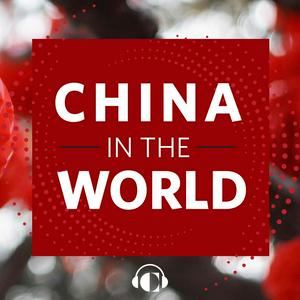
Scarica l'app gratuita radio.it
- Salva le radio e i podcast favoriti
- Streaming via Wi-Fi o Bluetooth
- Supporta Carplay & Android Auto
- Molte altre funzioni dell'app
Scarica l'app gratuita radio.it
- Salva le radio e i podcast favoriti
- Streaming via Wi-Fi o Bluetooth
- Supporta Carplay & Android Auto
- Molte altre funzioni dell'app


China in the World
Scansione il codice,
scarica l'app,
ascolta.
scarica l'app,
ascolta.


